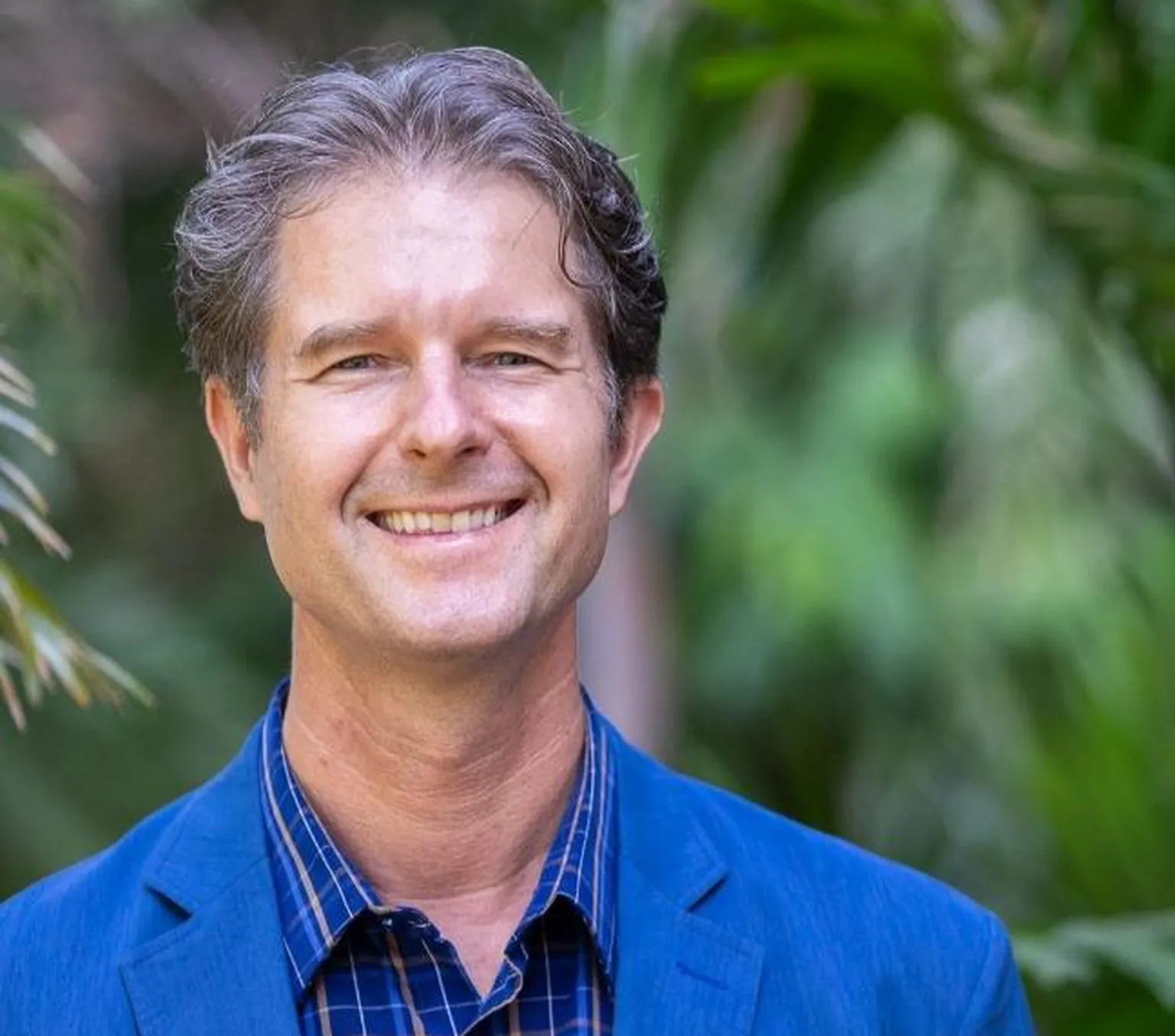Smoke Free Villages
Cambodia,
concluded

The Smoke-Free Village approach accelerated the transition from using traditional fuels to clean cooking energy in rural villages in Cambodia, through the provision of behavioural change communication, supply chain support, and enhanced governance.
Despite increased access to electricity and other clean fuels, rural households continued to rely on firewood and traditional fuels because cooking habits were rooted in deep cultural beliefs, perceptions about costs, fear of the new technology, and generally low awareness of alternatives.
Approach
SNV developed Smoke-Free Village (SFV) approach in Cambodia in 2021. This gender-sensitive approach encourages communities to take shared and collective action about smoke in the community.
The work began with awareness-raising events such as village meetings, school gatherings, door-to-door visits, and cooking demonstrations. Everything was designed to trigger a discussion around cooking norms and a shared future vision.
SFV worked with various community leaders to further spread the message, including teachers, monks, health workers, and doctors. Local authorities played a pivotal role by organising the events and monitoring progress at the village and household levels. Building on previous experience with Community-Led Total Sanitation, the SFV approach was expanded beyond Cambodia, demonstrating that behavioural change communication can significantly change cooking behaviours.
As demand for cleaner cooking was triggered, the private sector was primed to respond to the increased demand. Local shop owners saw more opportunities to sell cookstoves and clean fuels, and positive synergies were realised.
For longer-lasting systems-level change, SFV combined the core supply and demand work with capacity strengthening of institutions, from village levels up to (inter) national level. These are increasingly formalised through MoUs with the national and subnational governments, not only with Energy Ministries but, increasingly, with those tasked with health and rural development.
Expected results
By the end of 2025, the Smoke-Free Villages approach reached nearly 500 villages in Cambodia, surpassing its target, and covering 100,000 households across 60 districts Kampot, Kampong Speu, Battambang and Siem Riep provinces.
96% of reached households own at least one clean cookstove; 92% use clean cooking as their primary cooking method, and 21% rely on it exclusively.
Community engagement reached over 200 schools, 150 pagodas, and 40 health centres, while more than 179 last-mile cookstove suppliers participated in the expanding clean cooking market.
The Government's engagement was reflected through its budget allocation and policy measures.
Neighbouring villages also showed early signs of norm adoption, suggesting a ripple effect and peer-to-peer learning model already underway.







